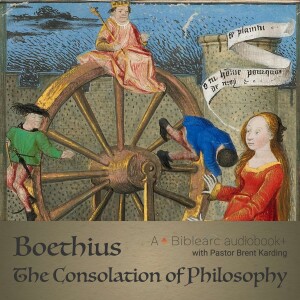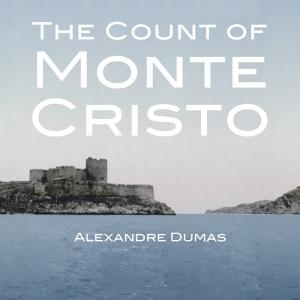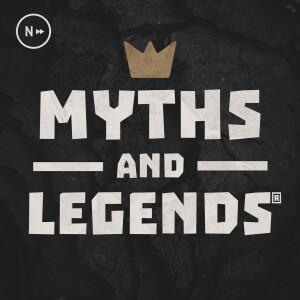

Philosophy now begins to use stronger arguments, since her previous words are working on Boethius. Even if good fortune wasn’t temporary, can anyone really possess any gift of Fortune? And is any of her gifts truly worth having? Money is only valuable when used; jewels are beautiful in themselves, but do not improve their owners; land cannot truly be owned by a person, or improve him; clothes glorify the tailor, not the wearer; dishonest servants are burdensome, while honest servants are a credit to themselves, not their master. Therefore, no one’s possessions really belong to him. So why should they make him happy or sad? People—who are created godlike—should value inner resources.
About The Consolation of PhilosophyWritten in the 6th-century from a prison cell as the author awaits execution for a crime he did not commit, The Consolation of Philosophy is a dialogue between Boethius and a mysterious woman—Lady Philosophy—who helps him rediscover wisdom and virtue.
Subscribe now and begin walking the path of wisdom with us.
Want to go deeper?You’re invited to join the companion course that dives deep into each of the five books. There, we’ll explore each chapter, with guided readings, discussion prompts, and study tools to enrich your journey. Enroll today.
More Episodes
All Episodes>>Create Your Podcast In Minutes
- Full-featured podcast site
- Unlimited storage and bandwidth
- Comprehensive podcast stats
- Distribute to Apple Podcasts, Spotify, and more
- Make money with your podcast












